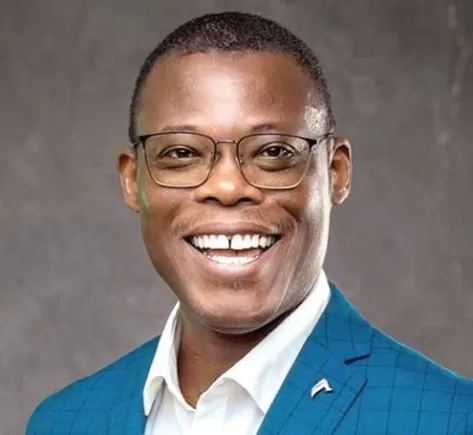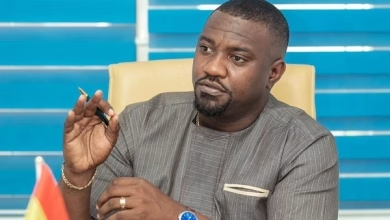The National Democratic Congress (NDC) has raised alarm over President Nana Addo Dankwa Akufo-Addo’s alleged attempt to pack the country’s courts with loyalists of the New Patriotic Party (NPP). This move, according to the NDC, is aimed at gaining control over the judiciary and escaping accountability after leaving office.
The NDC’s concerns come on the heels of Chief Justice Gertrude Torkornoo’s recommendation of five judges for appointment as Supreme Court Judges. The opposition party views this development as a worrying trend in the appointment of judges by the president.
Fifi Fiavi Kwetey, General Secretary of the NDC, addressed a press conference on Thursday, expressing the party’s apprehensions about the politicization of independent state institutions. He emphasized that this trend could have far-reaching consequences for the country’s peace and stability.
Kwetey stressed that the appointment of judges to the Supreme Court is a matter of national concern, requiring scrutiny and transparency. He alleged that the president is appointing only loyalists of his party to the courts, undermining the independence of the judiciary.
The NDC General Secretary warned that this development could lead to a biased judiciary, compromising democracy and constitutionalism. He urged Ghanaians to recognize the gravity of the situation and demand fairness and impartiality in the judiciary.
Kwetey’s concerns were echoed by other NDC officials, who fear that the president’s actions could erode trust in the judiciary and destabilize the country’s democratic gains. They called on civil society organizations, the media, and all stakeholders to join forces in promoting judicial independence and accountability.
The NDC’s accusations have sparked a heated debate in the political landscape, with some supporting the president’s appointments and others decrying the alleged politicization of the judiciary. The development has also raised questions about the independence of the judiciary and its ability to deliver impartial judgments.
As the controversy unfolds, many are watching with keen interest, recognizing the significance of an independent judiciary in a democratic society. The NDC’s concerns have added to the growing list of issues threatening Ghana’s democracy, including electoral reforms and political polarization.
The outcome of this development remains to be seen, but one thing is clear: the nation’s attention is focused on the judiciary, and demands for transparency and accountability are growing louder. The president and the judiciary must address these concerns to maintain public trust and ensure the stability of Ghana’s democracy.
The NDC’s allegations have highlighted the need for a fair and impartial judiciary, free from political interference. As Ghana navigates this critical juncture, it is essential that all stakeholders prioritize judicial independence and accountability to safeguard the country’s democratic gains.

